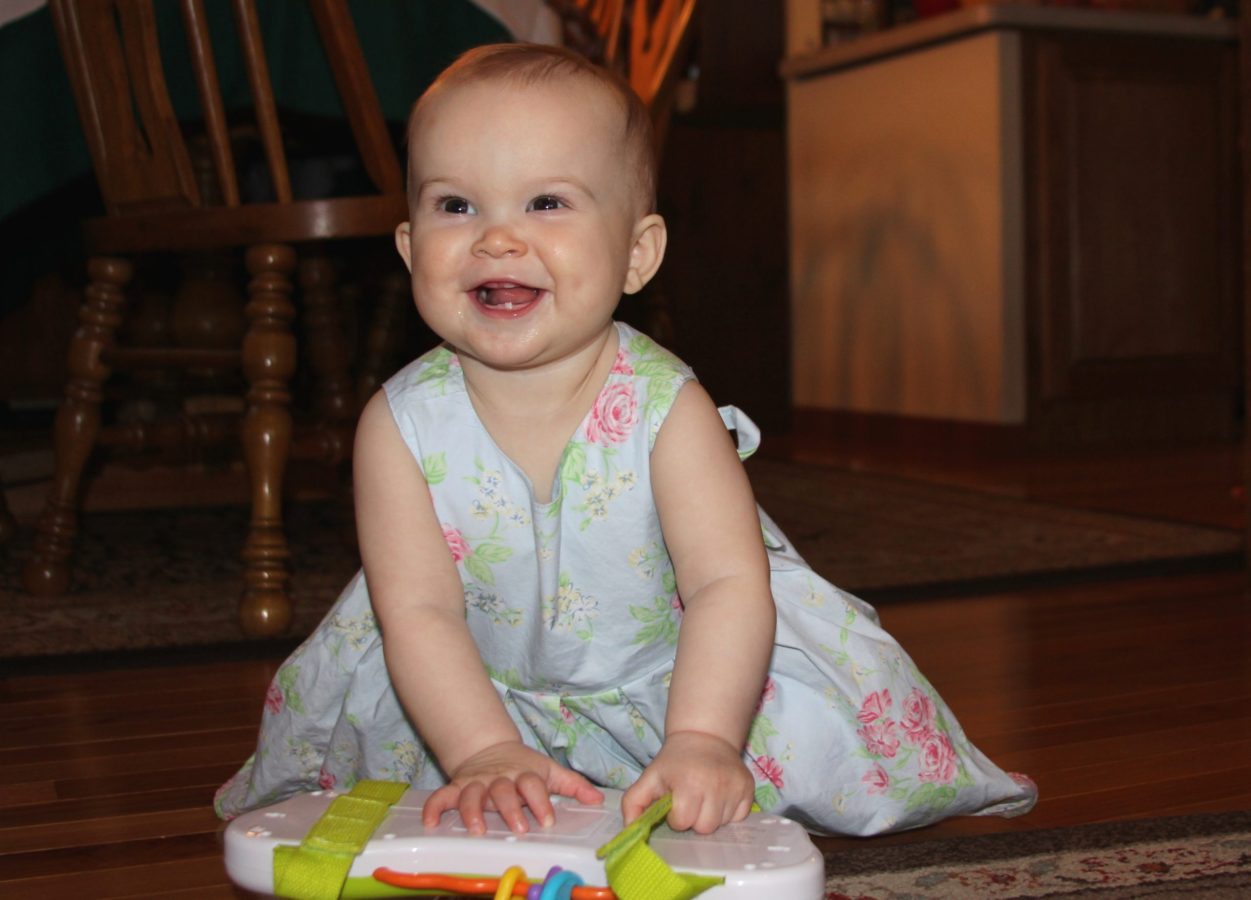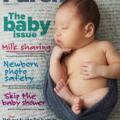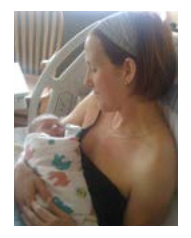My daughter was about a year old when I went to see Gramma’s Boyfriend, a band featuring local musician Haley Bonar.
I’d last seen her perform many months before, when both Haley and I were pregnant. I don’t know her personally, but the fact that we have daughters about the same age made me feel like we had some kind of cosmic bond.
Then Haley came out on stage. This was the woman who’d been my pretend-comrade in pregnancy? She was thin as a rail! I contemplated my own still-fleshy body — the body I’d finally started feeling okay about again. I felt a wave of self-loathing, realizing how shallow I was being.
Was this what I wanted to model for my daughter — an insecure, appearance-obsessed mother?
“When women become new mothers, they are often very surprised at how long it takes for their bodies to feel and look ‘back to normal,’” said Sara Pearce, founder of Amma Parenting Center in Minneapolis. “Not feeling at home in a postpartum body can heighten a woman’s sense of being a stranger in a strange land. With all the changes in identity that motherhood brings, living in a postpartum body can add to the sense of losing oneself, especially for women who have struggled with a prior eating disorder or negative body image.”
Clearly, my conflicted feelings about my appearance were normal. However, this knowledge didn’t make it any easier when I was unable to fit into any of my non-maternity pants, or when I saw pictures of myself looking slumped and wilted while holding my infant daughter.
The transition from pregnant to postpartum was harsher than I’d expected.
I think this had a lot to do with my generally positive experience of pregnancy. I gained a normal amount of weight, had minimal side effects (no morning sickness, for example) and felt good about the way I felt and looked. Friends and strangers fawned over my pregnant self. It was a big nine-month ego boost.
Then I had my baby, and everything changed. Suddenly, I was no longer the center of attention — my baby was. And that was probably a good thing, really, because I was supremely disappointed with what I’d become. I felt exhausted and lumpy. My skin was dull and my hair was falling out. I’d gone from feeling smokin’ hot to feeling like a gnarled old shadow of femininity.
Even worse, I felt guilty about the way I was feeling. Shouldn’t concerns for my baby take precedence over concerns for my eternally bloated midsection? I probably could’ve been easier on myself, though.
The National Institute of Mental Health recently conducted a study examining body image during the postpartum period. According to the study, women’s body dissatisfaction tends to increase significantly in the nine months after delivery, peaking around six months postpartum. This was found to be associated with worse mental health (especially depression) and overeating or poor appetite, among other troubling things.
So, it would seem that new mothers needn’t feel so guilty when they sadly slip into their worn-out yoga pants for the third time in a week or mourn the loss of their once-luscious hair (now clogging the shower drain).
But how can we make things better? Here are some practical suggestions from other mothers who’ve been through it before.
Buy some clothes that fit: “I thought refusing to buy any new clothes would be a great motivator to get back in shape,” said Casey, a mother of two in Minneapolis. “But it just made me depressed when I had to keep wearing my maternity clothes.” Instead of torturing yourself with clothes that don’t fit, buy a few inexpensive items of clothing that fit now. If finances are an issue, check consignment shops or thrift stores or organize a clothing swap with friends.
Get active: This isn’t an admonishment to hit the gym and get back in shape, but a friendly suggestion to do something physical that makes you feel good. “I used to go jogging all the time, but that stopped suddenly after I had my son,” said Jen, a mother in St. Louis Park. “Now I have a friend visit once a week to watch the baby while I go for a short run. I feel more like myself now.” Your approach could be even simpler — taking a few minutes in the morning to stretch or running your errands using the stroller instead of the car, for example.
Go easy on yourself: The postpartum period is challenging and transformative, and you simply might not have the time or inclination to “work” on your appearance — and that’s okay. “I teach new mothers that their babies are here to teach them how to love, and one of the people they’re supposed to love is themselves,” said Pearce. “Be gentle with yourself. It helps to remind yourself that your body was strong and healthy and did what it was supposed to do. It grew a whole new human! How cool is that?”
Shannon Keough lives in Minneapolis with her husband
Nick and two children. Send questions or comments to
[email protected].



















